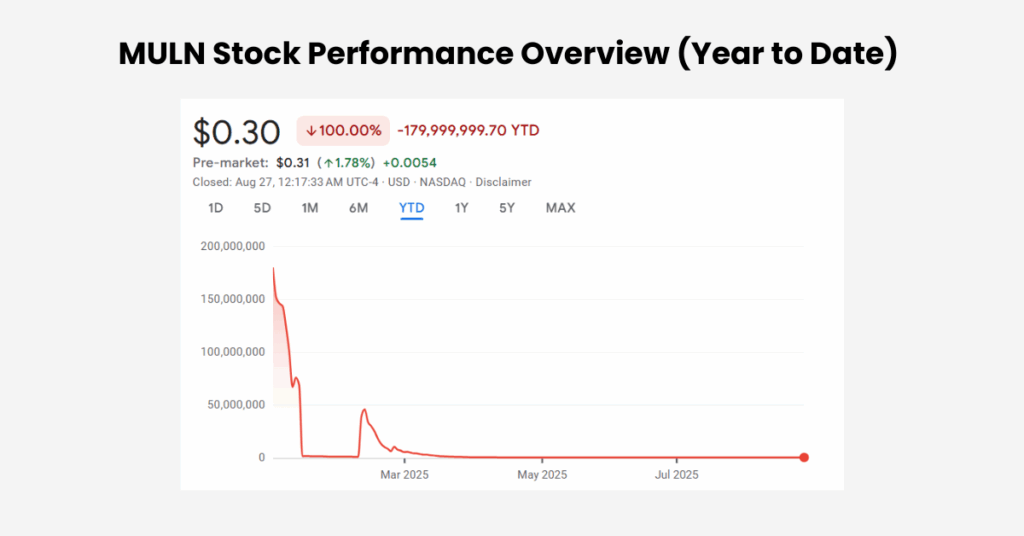Important Information
This website is managed by Ultima Markets’ international entities, and it’s important to emphasise that they are not subject to regulation by the FCA in the UK. Therefore, you must understand that you will not have the FCA’s protection when investing through this website – for example:
- You will not be guaranteed Negative Balance Protection
- You will not be protected by FCA’s leverage restrictions
- You will not have the right to settle disputes via the Financial Ombudsman Service (FOS)
- You will not be protected by Financial Services Compensation Scheme (FSCS)
- Any monies deposited will not be afforded the protection required under the FCA Client Assets Sourcebook. The level of protection for your funds will be determined by the regulations of the relevant local regulator.
Note: Ultima Markets is currently developing a dedicated website for UK clients and expects to onboard UK clients under FCA regulations in 2026.
If you would like to proceed and visit this website, you acknowledge and confirm the following:
- 1.The website is owned by Ultima Markets’ international entities and not by Ultima Markets UK Ltd, which is regulated by the FCA.
- 2.Ultima Markets Limited, or any of the Ultima Markets international entities, are neither based in the UK nor licensed by the FCA.
- 3.You are accessing the website at your own initiative and have not been solicited by Ultima Markets Limited in any way.
- 4.Investing through this website does not grant you the protections provided by the FCA.
- 5.Should you choose to invest through this website or with any of the international Ultima Markets entities, you will be subject to the rules and regulations of the relevant international regulatory authorities, not the FCA.
Ultima Markets wants to make it clear that we are duly licensed and authorised to offer the services and financial derivative products listed on our website. Individuals accessing this website and registering a trading account do so entirely of their own volition and without prior solicitation.
By confirming your decision to proceed with entering the website, you hereby affirm that this decision was solely initiated by you, and no solicitation has been made by any Ultima Markets entity.
I confirm my intention to proceed and enter this websiteWhy Is MULN Stock Dropping: A Deep Dive
Why is MULN stock dropping? Mullen Automotive (MULN) has been facing a troubling downward trajectory in 2025, with its stock price plummeting over 90%. Once hailed as a potential leader in the electric vehicle (EV) space, Mullen’s stock has been battered by a series of operational and financial challenges.
In this article, we will explore the key factors contributing to the company’s struggles, from poor financial health to questionable management decisions.

Financial Struggles and Reverse Stock Splits
Mullen Automotive is no stranger to reverse stock splits, a tactic often used by companies facing financial distress. In 2025, the company executed three reverse stock splits to meet NASDAQ’s minimum $1 bid price requirement. However, despite these efforts, the stock price has continued its downward trajectory, and investor confidence remains shaky.
As of July 2025, Mullen was struggling with a market cap under $1 million, far below the $35 million required for NASDAQ compliance. This poses a significant threat of delisting if the company fails to regain compliance by the deadline of August 26, 2025.
Despite these challenges, Mullen continues to push forward with plans to rebrand as Bollinger Innovations, which raises questions about the company’s priorities, given the financial hurdles it faces.

Rushed Rebranding and Lack of Transparency
Mullen’s rebranding to Bollinger Innovations, scheduled for July 28, 2025, has raised concerns due to its timing. Initially, many believed the rebrand would coincide with the compliance window in mid-August.
However, the company moved forward with it several weeks ahead of time, leading some to suspect that this rebranding is a distraction from the more pressing issues, such as cash flow problems and the unresolved reverse stock split vote. This move adds to investor confusion, further compounding the reasons why MULN stock is dropping.
On July 8, 2025, Mullen filed for a reverse stock split of up to 1-for-10,000 and proposed issuing $15 million in convertible debt. However, as of late July, there has been no update from the company regarding the outcome of this proposal, leaving investors uncertain about the company’s financial future. This lack of communication has only fueled skepticism about Mullen’s long-term viability.
Legal Issues and Investor Lawsuits
Mullen’s stock decline is also compounded by its legal troubles. The company went public in November 2021 with grand promises of cutting-edge EV products, including the Dragonfly K50 supercar and MX-05 SUV.
However, these vehicles never saw the light of day. Hindenburg Research exposed Mullen for inflating battery performance claims and overstating production capabilities, which led to a 90% drop in stock price by early 2022. Investors filed lawsuits against the company in response to these misleading claims.
While Mullen reached a $7.25 million settlement to resolve these allegations, the damage to its credibility remains. Ongoing legal battles and investor dissatisfaction have continued to plague the company, further eroding confidence in its ability to recover.
Lack of Financial Viability
Mullen’s financial struggles are evident in its continued cash burn and poor revenue generation. The company is burning through $50 million per quarter while holding just $2.3 million in cash as of March 2025. Although Mullen has raised $13.58 million through securities purchase agreements, this is insufficient to cover its growing operational costs, leaving the company in a precarious financial position.
The lack of liquidity and ongoing financial instability make it difficult for Mullen to sustain operations and attract the necessary investment to secure its future. With NASDAQ compliance still in question, the company is facing a ticking clock to turn things around.
Speculation and Market Manipulation
Mullen’s stock price has been heavily influenced by retail investor speculation, leading to dramatic price fluctuations. The stock has seen large surges followed by steep declines, reflecting both market manipulation and a lack of consistent business performance.
Some investors believe the recent rebranding and ticker symbol change are designed to generate short-term market activity to boost the company’s market cap temporarily, rather than addressing the company’s ongoing operational issues.
The Road Ahead for MULN Stock
Despite Mullen’s rebranding efforts and attempts to enter new markets such as Germany and the UAE, the company’s core challenges remain unresolved. The company’s high cash burn, lack of product delivery, and damaged reputation leave little room for optimism. The August 2025 NASDAQ delisting deadline is fast approaching, and Mullen must demonstrate that it can regain compliance or face the real risk of being delisted.
The company’s reverse stock splits and rebranding may temporarily postpone the inevitable, but they do not address the underlying financial and operational issues that have plagued the company for years. Investors should exercise caution and carefully consider the risks involved before making any further investment decisions.
Lessons for Investors

The Mullen Automotive story serves as a cautionary tale for investors, particularly those looking to invest in highly speculative, volatile stocks. It highlights the importance of thorough due diligence, understanding the risks of reverse stock splits, and being cautious of companies that prioritise short-term strategies like rebranding over long-term stability and transparency.
For companies, Mullen’s journey underscores the importance of honest communication with investors and the need for realistic goal-setting. Without consistent performance and transparency, even the most promising ventures can quickly spiral into financial turmoil.
Conclusion
Why is MULN stock dropping? The reasons are clear: financial instability, reverse stock splits, legal issues, and lack of transparency. Investors should be cautious when considering further involvement with Mullen, as the company’s path forward remains uncertain.
Disclaimer: This content is provided for informational purposes only and does not constitute, and should not be construed as, financial, investment, or other professional advice. No statement or opinion contained here in should be considered a recommendation by Ultima Markets or the author regarding any specific investment product, strategy, or transaction. Readers are advised not to rely solely on this material when making investment decisions and should seek independent advice where appropriate.












